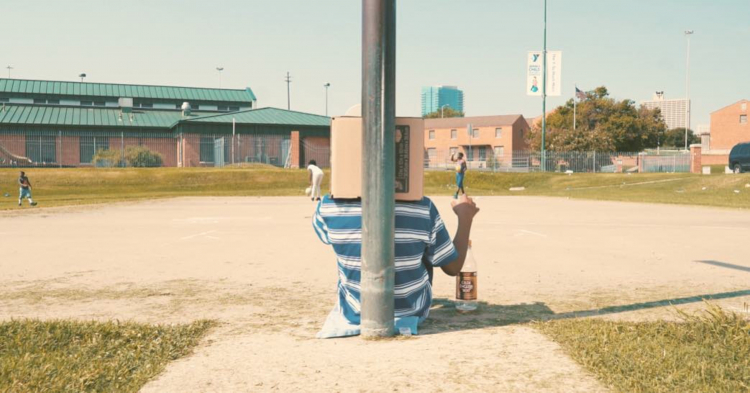The Myth of Coming of Age

What does it mean to come of age? Traditionally, coming of age is the shift from childhood to adulthood, which happens at different ages in different cultures. For example, in the Jewish community, 13 is the year one leaves childhood behind marked by the bar/bat mitzvah, for the Mexican community it is 15 for girls having their quinceañera, and for Americans it can be 16 linked to their driver's license or 18 when they become a legal adult.
Though many cultures and nations around the world celebrate the transition from childhood to adulthood, this shift does not occur in reality quite like it's presented in the media. Coming of age as we know it, is a myth. It is not a transition that happens over night. Fooling younger generations into believing adulthood is an attainable destination leads to the maintenance of unrealistic and harmful expectations for ourselves and others.
When I was 18, I left home and started university. I expected to have a grand transformation over the course of those four years, but by graduation I was more lost about my purpose than I was before. At that point I moved back in with my parents and continued to work through my unmet expectations. At 22, I moved to France with the intention of finding myself. This has not happened but I’m okay with that. Through all of my attempts to finally grow up I learned that there is no such thing. We are never done growing and that’s okay.
Historically, adulthood is characterized by freedom and independence. Though development psychologists today consider 20 to 40 to be the period of early adulthood, in "coming-of-age" films like Ladybird, Eighth Grade, and The Edge of Seventeen, the protagonists are teenagers and their stories take place before they engage in common markers of adulthood.
In Western nations, the introduction to adulthood is often signified by events such as the ability to drive, have sex, vote, consume alcohol, graduate, live alone, embark on a career, get married and start a family. A few decades ago, the timing of these events was closely linked; but in modern day, the time frame of these markers has grown distant, prolonging the process of coming of age. While movies and books frame adulthood as something emerging in middle school and high school, experts believe adulthood occurs much later.
Psychologist Dr. Jeffrey Jensen Arnett refers to the ages of 18 to 29 as emerging adulthood, “a staging ground for the transition to adulthood”, rather than adulthood itself. This new category was created because signifiers of adulthood are increasingly delayed or completely unavailable. Factors such as financial crises or discrimination have contributed to this delay.
According to Shift, 80% of Americans are in debt. Debt is just one of the many factors that hinders access to signifiers of adulthood and thus delays the experience of adulthood itself. CNBC reports that 65% of millennials view homeownership as an element of success; however two-thirds of non-homeowning millennials and Generation Z say that though they want to own a home, they are prevented by declining wages, student loan debt, and the rising prices of homes. Even so, our understanding of when one should come of age and reach these markers of adulthood has not changed.
Image credit: @jmvillejo/ UnsplashI conducted a poll of 62 people between the ages of 19 and 33 about their opinions concerning coming of age. When asked, “Do you think people come of age?” 81% of respondents said yes. Of those that said yes, 29% believed the shift from childhood to adulthood occurred in the time between high school and university. However, a much larger percentage of people, 71%, believed the period of coming of age was 21 to 24 when leaving university and building a career. Though most of the respondents were Americans, many had additional cultural and religious influences such as Mexican, Indian, African and Jewish. We must ask ourselves why there is a dissonance between when the media presents coming of age, expert knowledge and our own opinions.
While many films focus on coming of age as an event that occurs in teenhood, increasingly Hollywood is producing stories that rival this concept. Eat, Pray, Love and Under the Tuscan Sun, films that detail the lives of women in their 40s beginning again, show that even when people surpass the typical ages linked to coming of age, they still engage in many pillars of development. These pillars include instability, focus on the self and exploration of possibilities. According to psychologists, pillars of development are characteristic of childhood. This calls into question our understanding of coming of age and the standards we hold ourselves to.
It is okay to be 25 or 55 and feel we are not done growing. Even when we settle into our roles as fathers and wives, as CEOs and florists, we continue to explore ourselves. If exploration, questioning and insecurity is linked to childhood, then maybe we never really grow up and adulthood as a destination is simply a myth.









